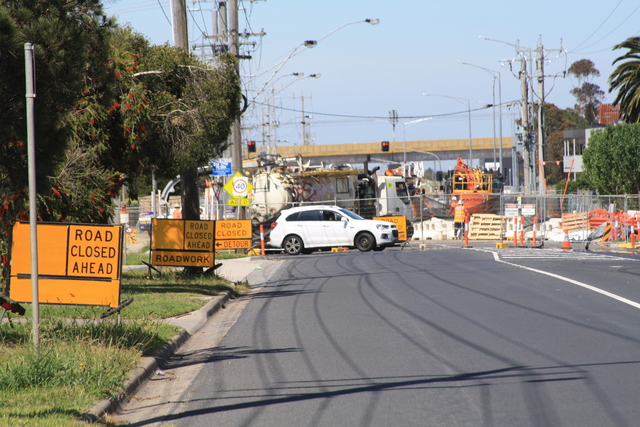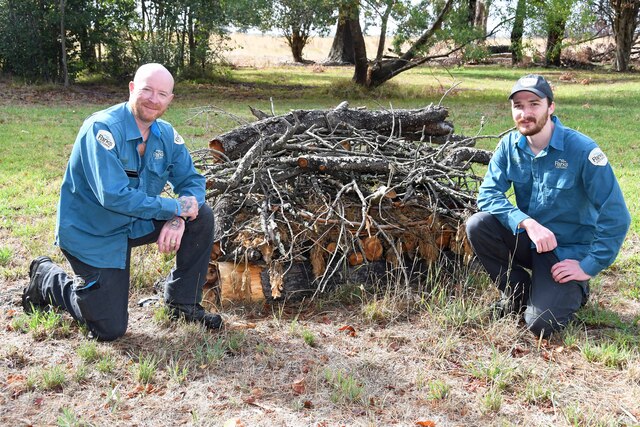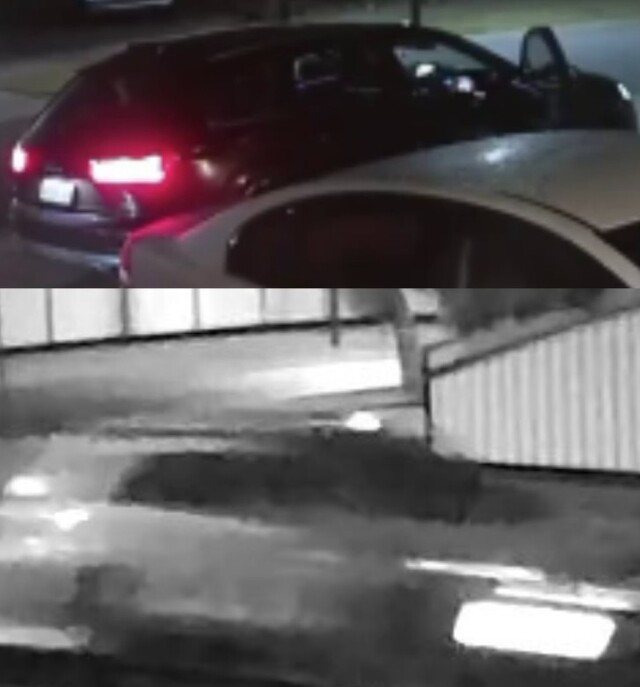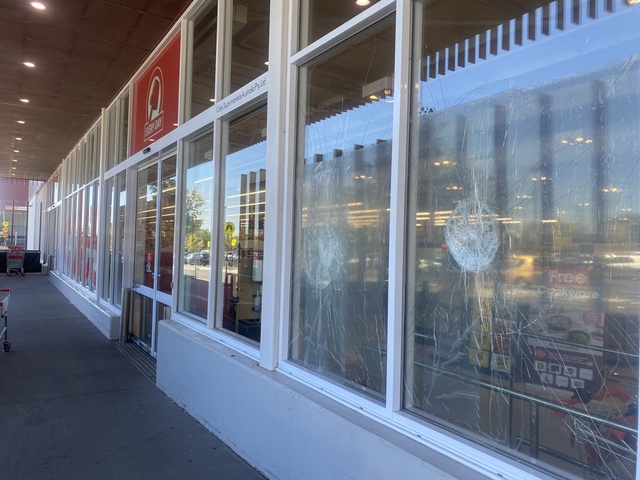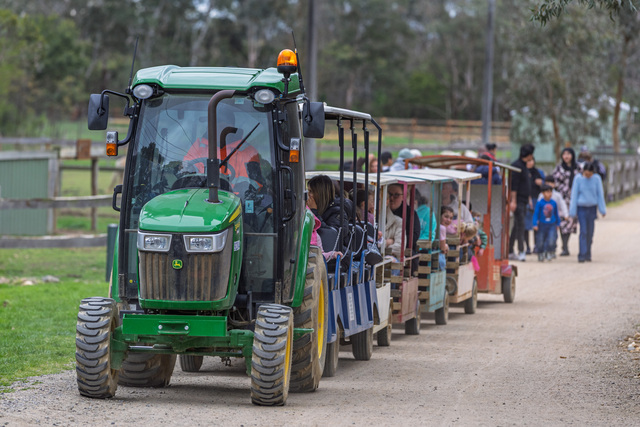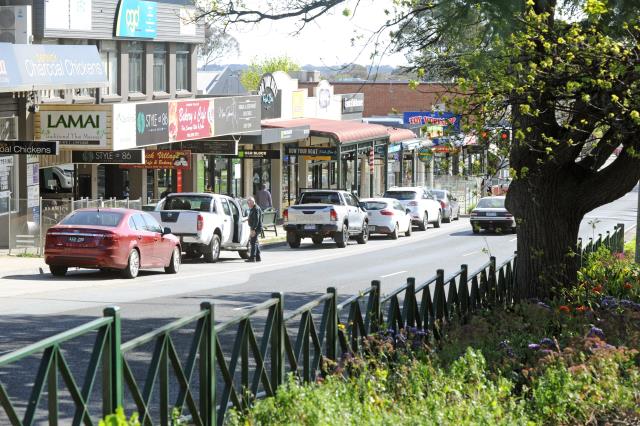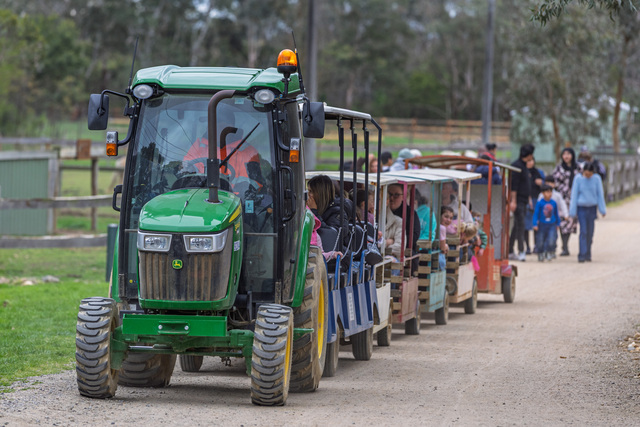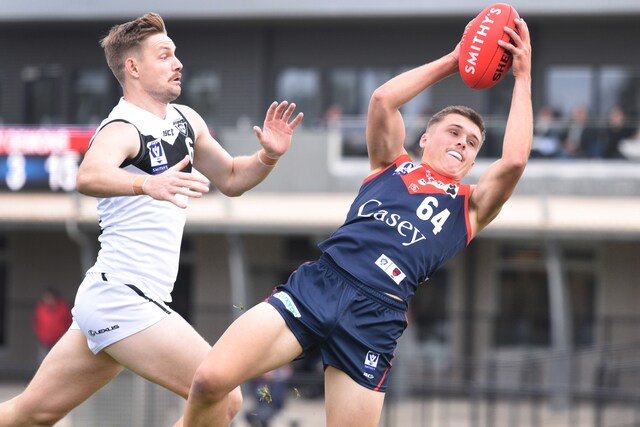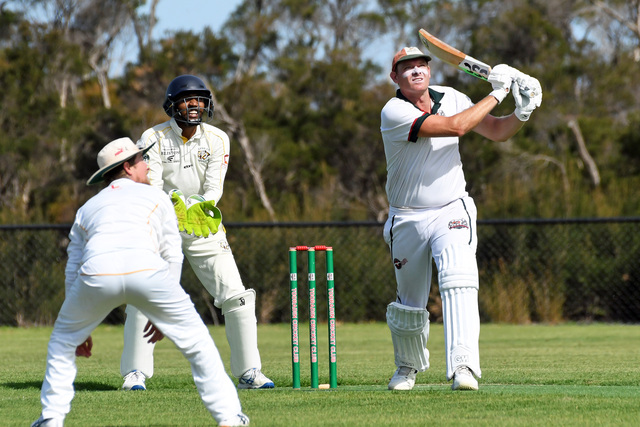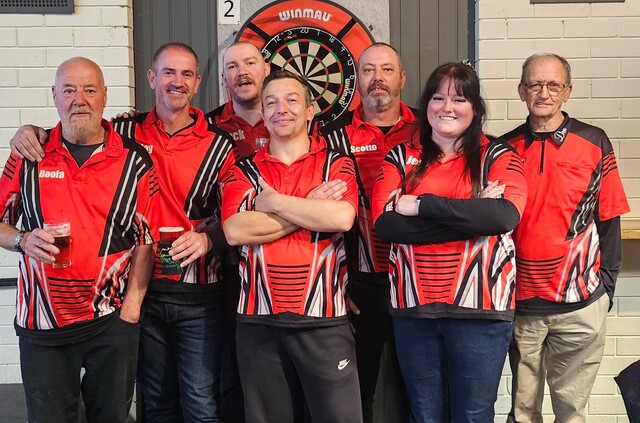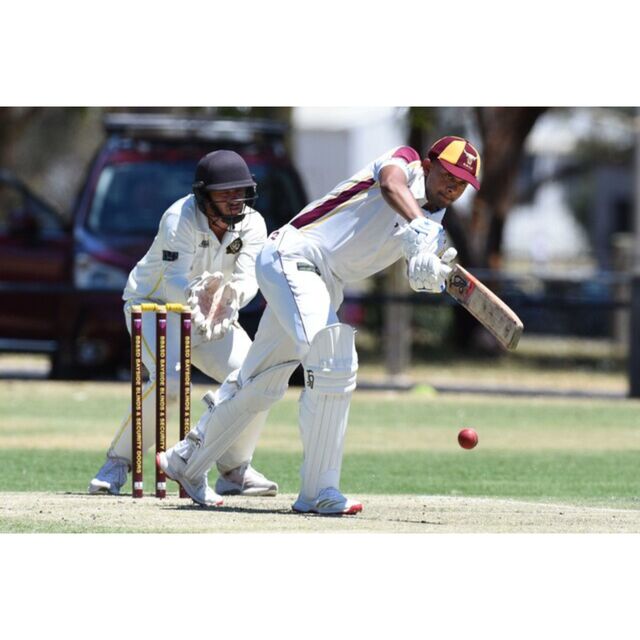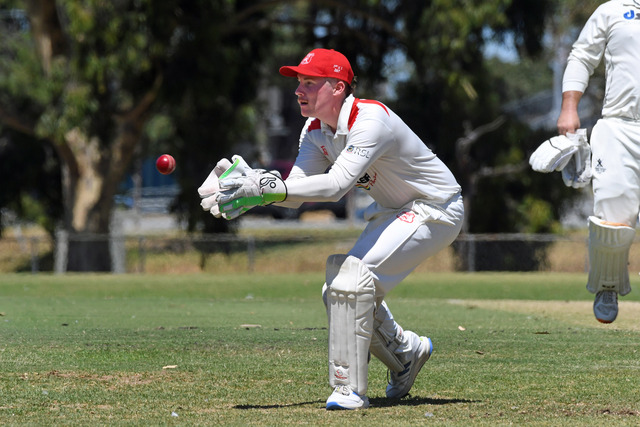By LACHLAN MOORHEAD
WHATEVER the circumstances surrounding her death, Rani Featherston was someone’s daughter, someone’s sister, someone’s friend.
While the murders of mother of four Fiona Warzywoda in Sunshine and young Luke Batty at Tyabb attracted an avalanche of media coverage and an outpouring of community grief, the equally violent death of a young woman in Doveton’s industrial neighbourhood has been largely forgotten.
Rani Featherston, 34, was assaulted and murdered in Lace Street off Eumemmering Creek earlier this month. Her body was discovered by employees from a nearby factory around 7am on Wednesday 2 April, as they made their way to work.
She sustained significant injuries to her head and upper body in the attack.
But as the Homicide Squad investigation into her death continues, little is known of Rani, other than she was known to have family ties in Doveton.
Dr Andy Ruddock, a senior lecturer in media and journalism at Monash University, said the seeming absence of information surrounding Rani’s death and a lack of media resources could be the reason the murder had not gained traction in the public imagination.
Dr Ruddock said there was significantly less information surrounding Rani’s death on which the media could build a story, unlike the Brunswick murder of Jill Meagher in 2012.
“It is a matter of resourcing. The thing about the Jill Meagher case, the reason it was so horrible was really clear. It was clearly tragic, there were a number of elements you could use to indicate why it was tragic,” he said.
“There was stuff to make the story, CCTV footage, you had the family willing to speak out and a march through the streets.
“Whereas with this (Rani’s death) you have something happening in an anonymous suburban space to a woman no-one knows.”
He said that due to mounting time pressures in the digital age, the media could ill afford to spend time on a case like Rani’s where information was not forthcoming.
“The media faces the pressure of trying to keep the story current but they don’t always have the time and resources to do so,” Mr Ruddock said.
“It makes it appear that some people matter more than others, when really it’s not the fault of anybody but rather a fault of the system.”
Mr Ruddock said it was now deemed strange when mourning wasn’t made public.
“Social media has changed the way that we mourn. Mourning was a very private thing but now it’s a very public thing,” he said.
“You have people reacting in a way that 10 years ago was totally appropriate – you close ranks.
“It’s weird that that now seems unusual, it’s a comment on using the media in some way – making your grief public has become an expectation.”
A spokesperson for White Ribbon, the campaign against violence against women, said being respectful of the family’s wishes in these cases was paramount.
“We find that family, friends and colleagues of the victim come to us and ask us how they can work as part of preventing this violence by actively raising awareness through events that also fund-raise and provide the opportunity to donate to the cause in memory of the person,” the spokesperson said.
For more on the White Ribbon cause, visit www.whiteribbon.org.au
The News does not want Rani’s death to become just another statistic. If you knew Rani, contact lachlan.moorhead@starnewsgroup.com.au or phone 5945 0666.

